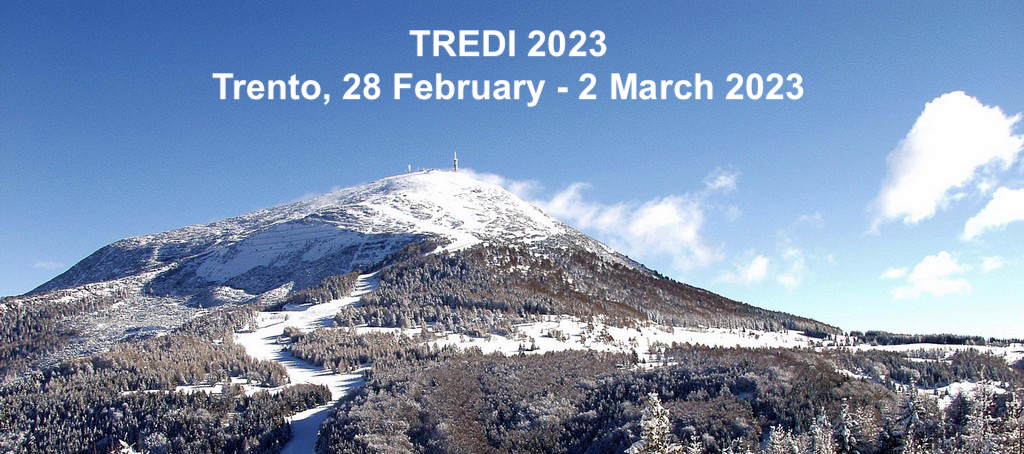Speaker
Description
The present study focuses on the performance evaluation of the first very thin Low Gain Avalanche Detectors (LGADs) prototypes produced by the Fondazione Bruno Kessler (FBK), with a thickness of 25 and 35 $\mu$m, and the introduction of a new concept that consists of two similar LGADs connected to the same board.
Despite its already impressive timing performance, for which this technology is planned to be used in many detector upgrades, the ongoing R$\&$D efforts aim to further improve time resolution to meet the challenging demands of future experiments. The results of the present study demonstrate the potential for improved time resolution with a thinner LGAD design. Several results on this new generation of LGADs with a thickness of 25 and 35 $\mu$m will be shown in the presentation, including many extracted characteristics, such as drift electric field, noise and charge distribution together with a comprehensive analysis of the timing performance.
In addition, the novel concept of “double LGAD”, in which two similar sensors are connected to the same board, was tested for the first time in a beam test setup, considering couples of LGADs with a thickness of 25, 35 and 50 $\mu$m. Being them connected to the same amplifier, a higher signal is generated, allowing for less power-consuming electronics. A little benefit in the time resolution is also expected from the simulations. Many results for this innovative concept will be presented, followed by a comparison with single sensors.
